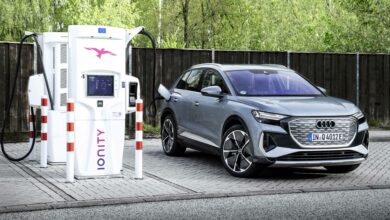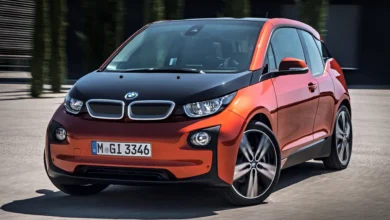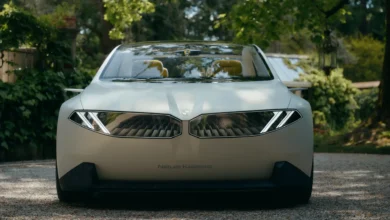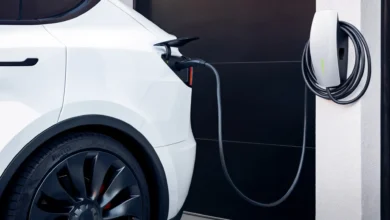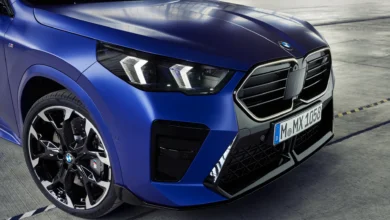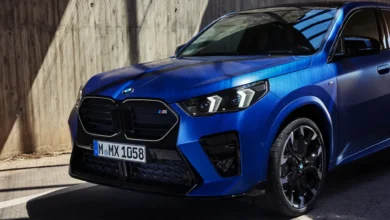
Just a few days ago, BMW confirmed that CATL and EVE Energy will be the companies in charge of manufacturing its sixth-generation battery cells, which will abandon the prismatic format of the current ones, becoming cylindrical. They are scheduled to debut in 2025 on the new Neue Klasse platform, specially developed for electric models.
The diameter of the new cells will be 46 millimeters, and they will be available at two heights: 95 and 120 millimeters. To improve the use of space, the packs will lack modules. The cells, whose chemistry will be NCM (nickel, cobalt, manganese) type, will have a cathode with a higher percentage of nickel and a lower amount of cobalt; in addition, the anode will be rich in silicon.
Both the cobalt and lithium used in BMW batteries will come from certified mines. The brand expects its sixth-generation cells to see their energy density improved by 20%, offering 30% faster charging times and up to 30% more range, all with a 60% reduction in polluting emissions during production and a cost reduction of up to 50%.
Thomas Albrecht, head of BMW Efficient Dynamics, has confirmed that his next electric cars will offer up to 620-mile of range. “The sixth generation batteries will give us 30% more range than the current fifth generation, but we will not exceed 620-mile of range, even if we can. We don’t think such a long range is necessary.”
MINI and Rolls-Royce will also use the new BMW batteries
The new chemistry, which will be exclusive to BMW, will also improve the longevity of the batteries. “Legislation is coming in to further ensure the life of batteries. For example, in the United States, a minimum return of 80% will be required after 10 years. We’re performing better than that .”
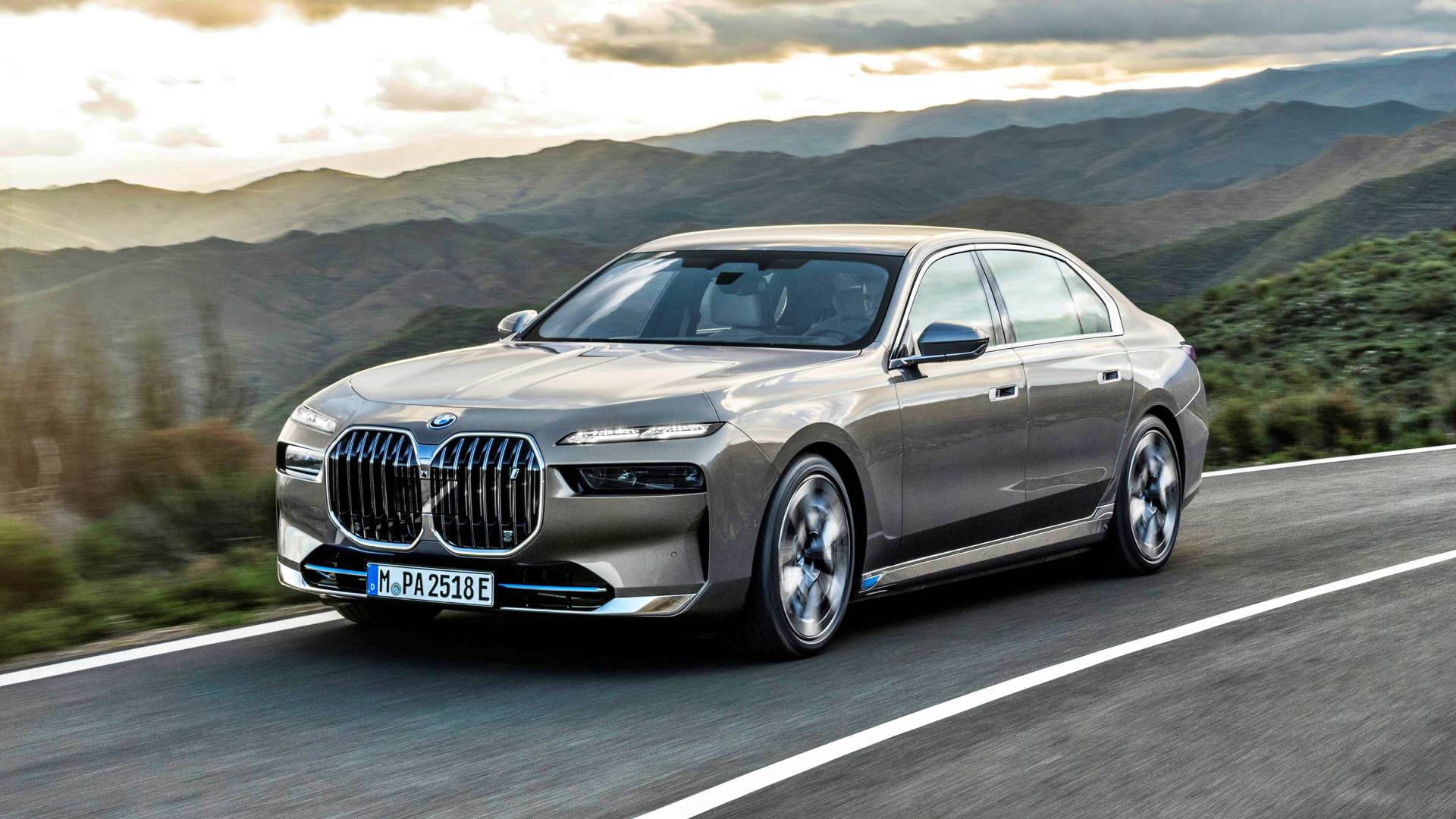
BMW plans to have six gigafactories in Canada, China, the United States, Europe, and Mexico to produce its sixth-generation batteries, which will be built near its existing plants to reduce transportation costs. To make its electric access cars even cheaper, the Bavarian firm does not rule out using LFP (lithium iron phosphate) cells.
The rest of the group’s brands (that is, MINI and Rolls-Royce, which will be 100% electric from 2030) will also benefit from the new sixth-generation cells of their matrix. However, those in charge of releasing them will be the next BMW 3 Series (i3) and X3 (iX3), which will begin to be produced in Debrecen (Hungary) in 2025.
